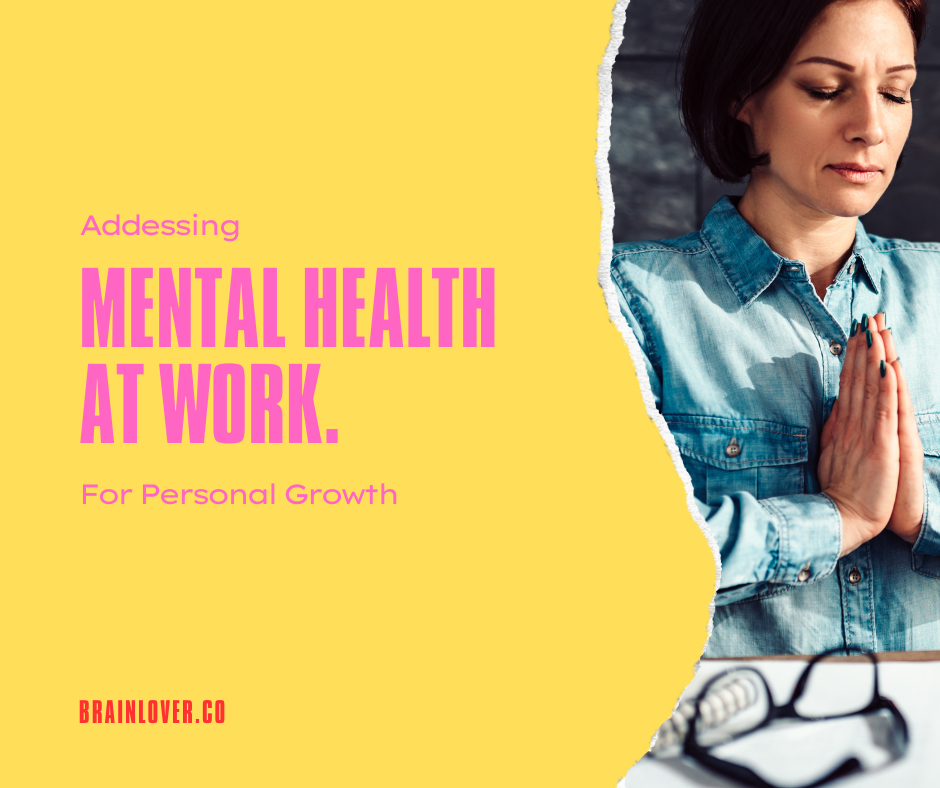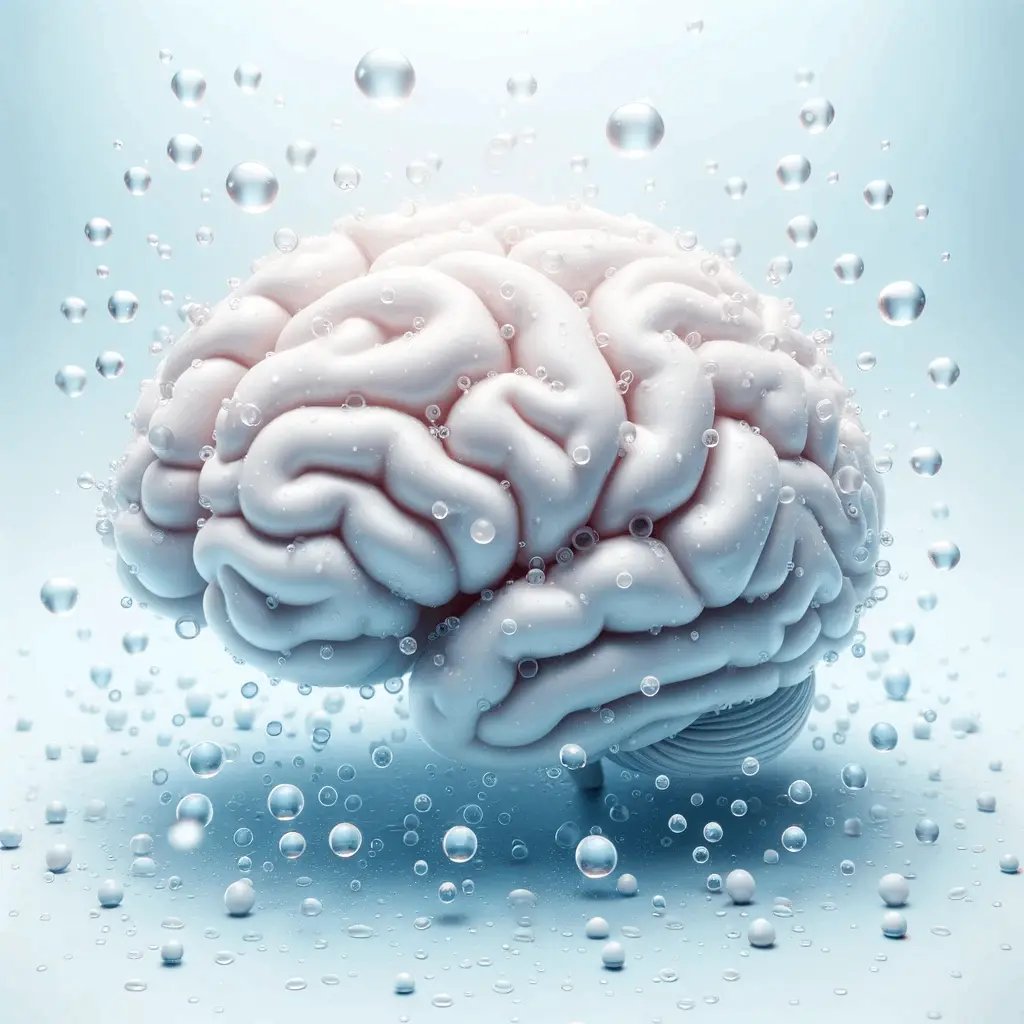The Science Behind The Depression Nap: Exploring The Link Between Sleep & Mental Health

Amid the challenges of mental health, individuals often find themselves seeking moments of respite from the weight of depression.
One peculiar phenomenon that has emerged is the concept of the “Depression Nap.”
It’s a term used to describe the act of taking a nap as a coping mechanism to momentarily escape the overwhelming emotions and fatigue that often accompany depression.
While depression naps may provide temporary relief, it’s important to explore their implications and understand the need for comprehensive strategies for managing depression effectively.
In this article, we’ll understand depression naps, their potential benefits, causes, and the importance of seeking long-term solutions.
What Is A Depression Nap? | Understanding Depression Nap
A depression nap refers to a phenomenon where a person experiencing depression or feeling overwhelmed by emotions takes a nap to cope or escape from their emotional distress.
It involves taking a nap during the day, often outside of regular sleep patterns, as a way to find temporary relief or respite from the emotional weight they are carrying.
While naps might bring brief relaxation and a break from mental pain, it is crucial to remember that they are not a long-term solution or a substitute for expert aid.
If someone is suffering from depressive symptoms, it is critical that they get help from a mental health professional who can provide an accurate diagnosis, counseling, and treatment options.
Related Blog:
Depressive Nostalgia
Benefits Of Depression Nap
While depression naps are not a recommended or healthy long-term coping mechanism for managing depression, they can provide some temporary benefits.
Let’s have a look at the benefits they bring to the table:
Temporary Relief From Emotional Distress
Depression naps can provide a temporary escape from overwhelming emotions or distress. Taking a nap can create a break from the emotional weight one may be carrying and offer a brief respite.
Restoring Energy Levels
Depression frequently results in exhaustion and a loss of energy. A depression nap may temporarily reduce weariness by offering an energy boost upon waking.
This can result in an increase in alertness and increased functioning in the near term.
Reducing Anxiety Or Restlessness
Depression can be accompanied by feelings of anxiety or restlessness. Taking a nap can help calm the mind and relax the body, temporarily reducing these symptoms and providing a sense of tranquility.
Enhanced Mood Temporarily
Some people may experience a temporary improvement in mood after waking up from a nap. Resting and taking a break from sad thoughts and emotions might provide a brief sensation of relief and a minor increase in mood.
Causes Of Depression Naps
Depression naps can have various underlying causes. Here are some factors that can contribute to the occurrence of depression naps:
· Fatigue and sleep disturbances
· Lack of energy
· Escapism and avoidance
· Loss of interest and motivation
· Anhedonia
· Emotional regulation
It is important to remember that depression naps are not a solution or a healthy way of managing depression.
While they may provide temporary relief, they do not address the underlying causes or help manage depression.
Seeking professional help from a mental health provider is crucial for appropriate diagnosis, treatment, and support.
The Impact Of Depression Naps On Health & Productivity
Depression naps can have several impacts on both physical health and productivity.
Here are some potential effects:
Disrupted Sleep Patterns
Depression naps can further disrupt the already irregular sleep patterns associated with depression.
Napping during the day can interfere with nighttime sleep, leading to a vicious cycle of poor sleep quality and exacerbating feelings of fatigue.
Decreased Productivity
Taking frequent depression naps can significantly impact productivity. Napping during the day takes away time that could be used for work, responsibilities, or engaging in meaningful activities.
This can lead to reduced productivity and increased frustration or guilt.
Increased Social Isolation
Depression naps can contribute to social isolation. If individuals are consistently napping during the day, they may miss out on social interactions or important events, leading to feelings of disconnection and loneliness.
Negative Impact On Mood
While depression naps may provide temporary relief, they do not address the underlying causes of depression.
After waking up from a nap, individuals may experience a temporary improvement in mood, but it often fades, and depressive symptoms may resurface, potentially intensifying feelings of sadness or hopelessness.
Physical Health Consequences
Excessive daytime sleepiness and disrupted sleep patterns associated with depression naps can have physical health consequences.
It may lead to decreased physical activity, unhealthy eating habits, and a higher risk of developing conditions such as obesity, diabetes, or cardiovascular problems.
How To Break The Depression Nap Cycle?
If you’re eager to know about the treatments for depression naps, we have got you covered here:
Establish A Sleep Routine
Make a sleep schedule and stick to it if you want to get rid of depression nap.
Set definite times for going to bed and waking up, and avoid napping during the day if possible. This aids in the regulation of your body’s internal clock and promotes greater nighttime sleep.
Improve Sleep Hygiene
Create a sleep-friendly environment by ensuring your bedroom is dark, quiet, and at a comfortable temperature.
Avoid doing anything stimulating near bedtime, such as using electronic devices or eating caffeine. Creating a calming pre-sleep routine is one of the best treatment options for depression-induced hypersomnia.
Engage In Regular Physical Activity
Regular physical activity has been demonstrated to favorably influence mood and can help reduce depression symptoms.
Regular physical activity, such as walking, jogging, or doing yoga, might boost energy and encourage better sleep.
Practice Stress Management Techniques
Explore stress management techniques such as deep breathing exercises, meditation, mindfulness, or journaling.
These techniques can help you relax, reduce anxiety, and manage overwhelming emotions, making it less likely for you to seek escape in depression naps.
Challenge Negative Thoughts
Depression often involves negative thought patterns. To detect and fight negative beliefs, work with a therapist or use self-help resources.
Changing your thinking habits can help you break the cycle of depression and enhance your general well-being.
Engage In Pleasurable Activities
Depression can drain the enjoyment out of life. Even if you don’t feel motivated at first, make an effort to engage in activities that bring you joy and contentment.
It could be engaging in hobbies, spending time outside in nature, listening to music, or spending time with loved ones.
Let’s Recap
Depression naps have become a recognized occurrence in the field of mental health, representing the deep emotional tiredness and tremendous load that people suffering from depression may experience.
To escape the pattern of depression naps, getting expert support and executing complete mental health practices is critical.
Engaging in counseling, implementing physical activity, and establishing a strong support system are just a few examples of the holistic approach that can lead to substantial progress in depression management.
FAQs
Can depression make you take naps?
Yes, depression can often lead to excessive daytime sleepiness and an increased need for napping. Individuals experiencing depression may feel constant fatigue, lack of energy, and difficulty concentrating, which can make them feel tired and inclined to take frequent naps.
Is napping a coping mechanism?
Napping can serve as a coping mechanism for individuals with stress, anxiety, or depression, temporarily escaping emotional distress and restoring energy levels. However, it should not be relied upon as a long-term solution. Seeking professional support is crucial for developing effective coping strategies and addressing underlying mental health challenges.









